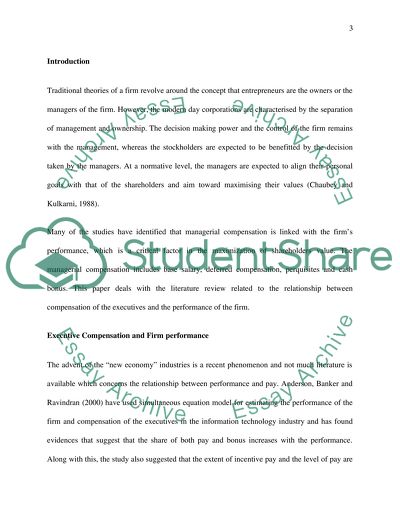Cite this document
(“The relationship between executive remuneration and corporate Literature review”, n.d.)
The relationship between executive remuneration and corporate Literature review. Retrieved from https://studentshare.org/finance-accounting/1492748-the-relationship-between-executive-remuneration
The relationship between executive remuneration and corporate Literature review. Retrieved from https://studentshare.org/finance-accounting/1492748-the-relationship-between-executive-remuneration
(The Relationship Between Executive Remuneration and Corporate Literature Review)
The Relationship Between Executive Remuneration and Corporate Literature Review. https://studentshare.org/finance-accounting/1492748-the-relationship-between-executive-remuneration.
The Relationship Between Executive Remuneration and Corporate Literature Review. https://studentshare.org/finance-accounting/1492748-the-relationship-between-executive-remuneration.
“The Relationship Between Executive Remuneration and Corporate Literature Review”, n.d. https://studentshare.org/finance-accounting/1492748-the-relationship-between-executive-remuneration.


